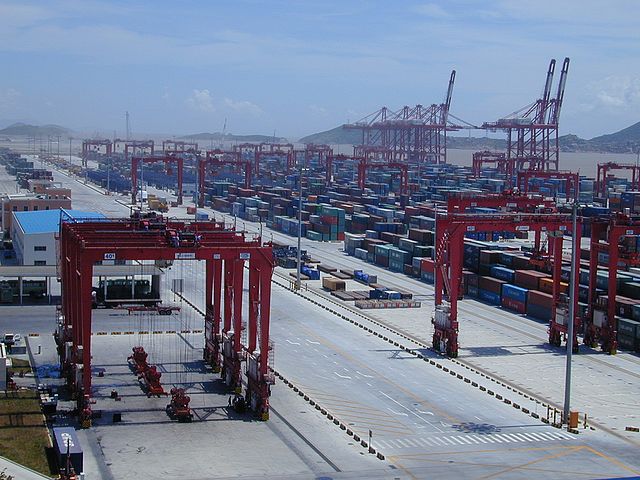- Competent departments ordered to specify task division and time frames and accelerate domestic ratification procedures
- Policy measures on tariff concessions, simplified custom clearance procedures, rules of origin, mutual recognition of standards will be swiftly formulated
- Custom clearance within six hours will be made possible for express delivery and perishable goods
- Provisions on electronic authentication and signature, online personal information protection, cybersecurity, cross-border electronic information transmission will be executed
China will intensify domestic efforts for the Regional Comprehensive Economic Partnership (RCEP) to take effect and get implemented, said a top government official.
A recent State Council executive meeting chaired by Premier Li Keqiang required competent departments to fulfill due responsibilities in specifying task division and time frames in accordance with the agreement as well as accelerate domestic ratification procedures, according to a Xinhua News report.
The RCEP, inked last month by the Association of Southeast Asian Nations (ASEAN) and its five development partners, seeks to jointly tackle the uncertainties in the international landscape, increase intra-regional trade, stabilize industrial and supply chains, and facilitate China’s high-level opening-up, said Li.
Openness will be stepped up in areas including trade in goods, trade in services, investment and flow of natural persons.
In addition, higher standards will be applied in terms of trade and investment liberalization and facilitation, intellectual property rights protection, trade remedy, e-commerce, government procurement, small and medium-sized enterprises, and economic and technical cooperation.
Policy measures will be swiftly formulated in terms of tariff concessions, simplified custom clearance procedures, technical preparations for rules of origin, and harmonization and mutual recognition of product standards.
Custom clearance within six hours will be made possible for express delivery and perishable goods.
Opening-up measures in various service sectors will be drafted and implemented step by step in line with the new commitments, including research and development, management and consulting, manufacturing-related services, elderly care service, specialized design and construction, said the news report.
A negative list on foreign investment will be delivered as pledged, and no additional restrictions outside the list shall be imposed.
Comprehensive protection of intellectual property rights will be fulfilled with copyrights, trademarks, geographical indications, patents, and genetic resources fully incorporated in the scope of protection.
Provisions involving electronic authentication and signature, online personal information protection, cybersecurity and cross-border electronic information transmission will be executed.
Rules and regulations related to RCEP implementation will be sorted out expeditiously.
“As a participating country, China must make active efforts for the agreement to come into effect. This will demonstrate China’s support for openness, multilateralism and free trade,” Li said.
The RCEP was signed by on November 15, 2020 by the 10 ASEAN member states and the region’s five dialogue partners South Korea, Japan, China, New Zealand and Australia.
The combined GDP of the signatories was $26.2 trillion in 2019, or about 30% of global GDP. The deal will cover nearly 28% of global trade.
The deal must be ratified by at least six ASEAN countries and three non-ASEAN signatory countries before it can come into effect.
Photo by Alex Needham at English Wikipedia









